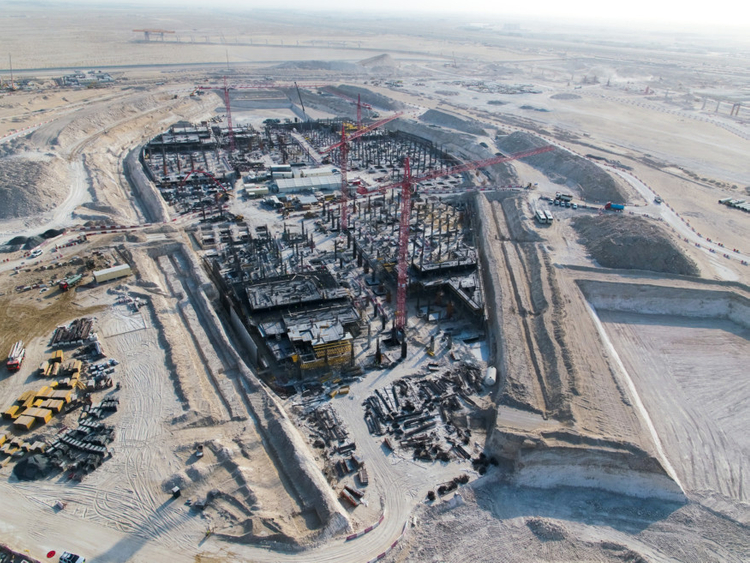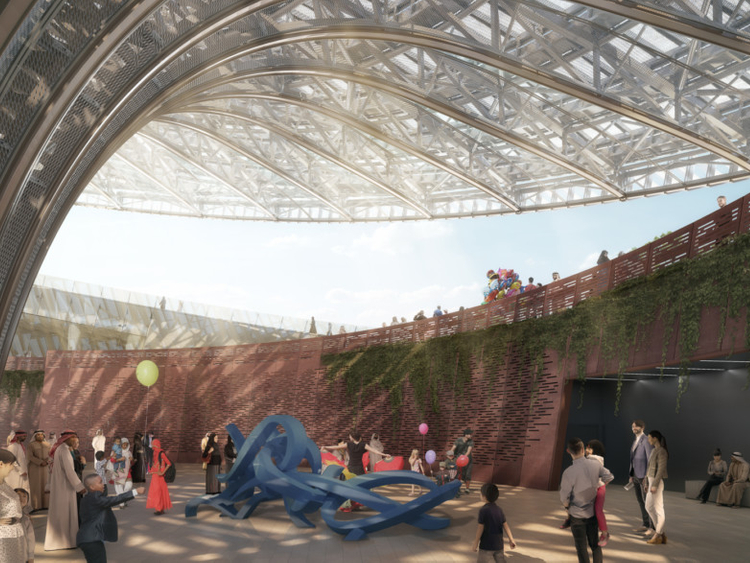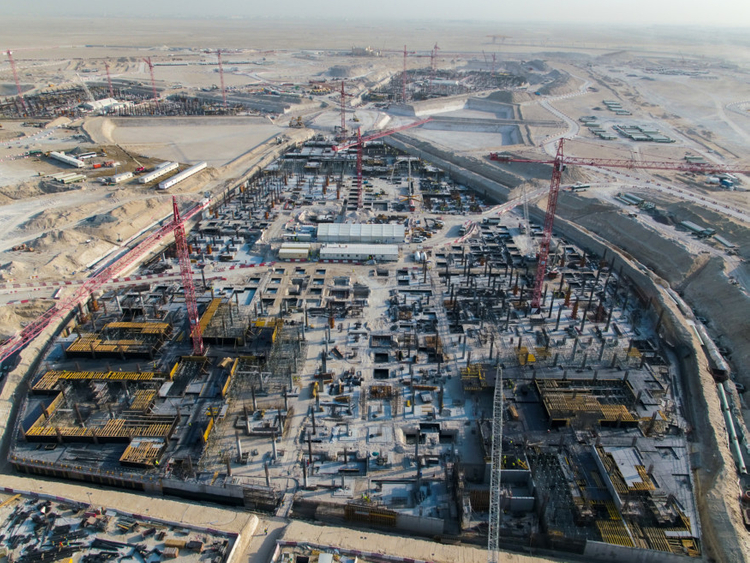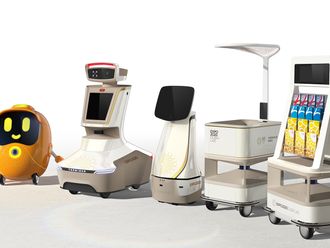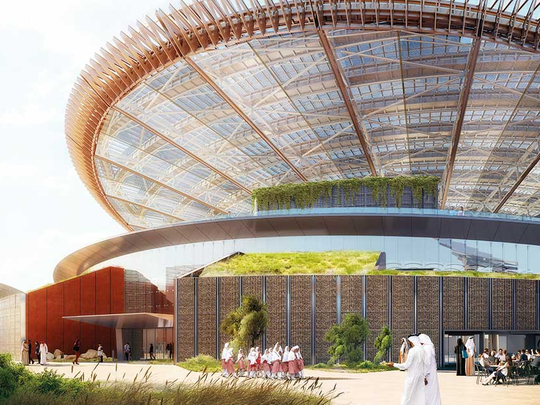
Dubai: Expo 2020 Dubai will unveil new details of its cutting-edge Sustainability Pavilion at Abu Dhabi Sustainability Week on Monday.
The pavilion will produce 4GWh of electricity a year through solar panels — enough to allow a Nissan Leaf to drive halfway to Mars, Expo staff estimate.
That will be more than the building needs to operate. Excess power will be fed into Dewa’s (Dubai Water and Electricity Authority) grid.
It will also produce up to 22,000 litres of water a day, extracted from atmospheric humidity and recycling grey water.
Once the Expo ends, the pavilion itself will be recycled as a centre for science and for children.
Ahmad Al Khatib, Expo 2020 Dubai’s Vice-President of Real Estate and Delivery, said, “The experience is going to be a very, very exciting. The learning component is totally out of this world.”
He added: “We have a board of experts that work closely with a consultant to ensure that by 2020 we are at the cutting edge in the sustainability of building design — and also in content of the building.”
While the pavilion — which will exceed Leadership in Energy and Environmental Design (LEED) Platinum standards — will be the centrepiece for Expo’s green theme, Al Khatib pointed out that sustainability was one of the pillars of the entire project.
Even during the tendering process companies were given a set of sustainable strategies their bids must adhere to — and many of those strategies have become more stringent since.
“What we have been trying to do since day one, even of designing the Expo, is how to push those boundaries,” Al Khatib said in an interview with Gulf News, “because Expos worldwide, in history, they always come up with a change. Not only about changing the city [which hosts Expo], it has a social legacy also. Our legacy for sustainability, preparing for that legacy started from the day we won the Expo.”
He said authorities were already watching the Expo trying out new construction techniques.
District 2020 development
Expo aims to ensure all of the permanent buildings at Expo would be certified to LEED Gold standards. The UAE pavilion will meet LEED Platinum standards. At least 80 per cent of the structures at the Expo site will be used as part of the District 2020 development after the Expo ends.
Expo’s stand at Sustainability Week would be recycled, he said, with an Abu Dhabi SME transforming its wooden elements into furniture, local artists using other elements in their artwork, and some parts of it being used either in Expo’s site office or in other exhibitions.
Sustainability influenced all aspects of design and construction, Al Khatib added, with smart grids reducing energy demand by 20 per cent, and at least 50 per cent of the site’s energy coming from renewable sources.
Even the cement used in buildings at the Expo’s three main areas — dedicated to sustainability, mobility and opportunity — used a special kind of cement reducing water content by 7 per cent.
Car parks on the site would forgo asphalt surfaces, instead creating a hard surface using specially treated crushed tyres sourced for Expo by Dubai Municipality.
“Since that announcement I’ve been personally approached by a lot of other organisations across the country wanting to meet to see how we’re doing this so they can adopt the same approach in building roads and parking spaces,” Al Khatib said.


